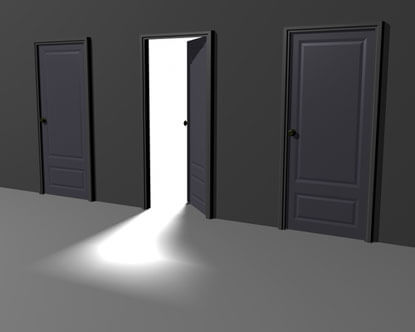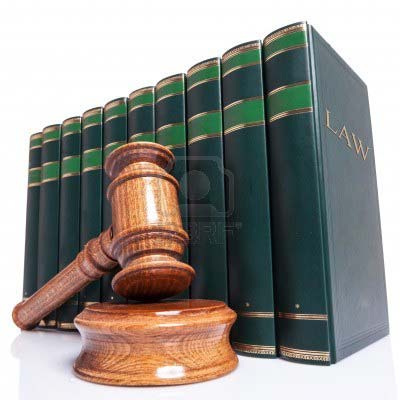Google has been granted the chance to appeal the issuance of class status to thousands of authors suing the company for its plan to make the world’s largest digital books library. Google was given permission to appeal a decision issued on May 31 by U.S. Circuit Judge Denny Chin by the 2nd U.S. Circuit Court of Appeals in New York. The ruling by Judge Chin permits authors to sue Google as a group instead of individually. The lawsuit is going on seven years now and it could be worth billions of dollars to the company. Google has scanned over 20 million books so far. This has led the Authors Guild to ask Google for $750 for each book that has been copied.
The date for the appeal has yet to be scheduled and if the class is decertified, then authors will have trouble winning claims against Google. Chin, in his ruling, said that it would be unjust to have Authors Guild members sue Google on an individual basis. He said individual lawsuits would create disparate results and higher legal costs “given the sweeping and undiscriminating nature of Google’s unauthorized copying.”
Google issued a court filing that said the class members benefited financially from the company’s collection of books. The documents stated that the cases should be heard individually to figure out it the company was employing ‘fair use’ of the books created by the plaintiffs. In its court documents, Google cited a decision by the Supreme Court that favored Wal-Mart Stores Inc.
“Plaintiffs seek to shut down a significant part of Google Books and to recover potentially billions of dollars,” Google said. “With so much at stake, Google should not be forced to litigate without the full benefit of its principal defense.”
The digital library was created by Google back in 2004 after it agreed with multiple research libraries to move out-of-print and current works into digital content. The research libraries that have had their works scanned by Google include Harvard University, Oxford University, Stanford University, the University of California, the University of Michigan and the New York Public Library.
Chin ruled in March of 2011 that he rejected a $125 million settlement in the case. He claimed that this would have created a ‘de facto monopoly’ that would permit Google to copy works in massive quantities without anyone’s permission to do so. Some of the plaintiffs in the case include graphic artists, photographers, and even former New York Yankee Jim Bouton. Bouton is the author of the book “Ball Four.”











































